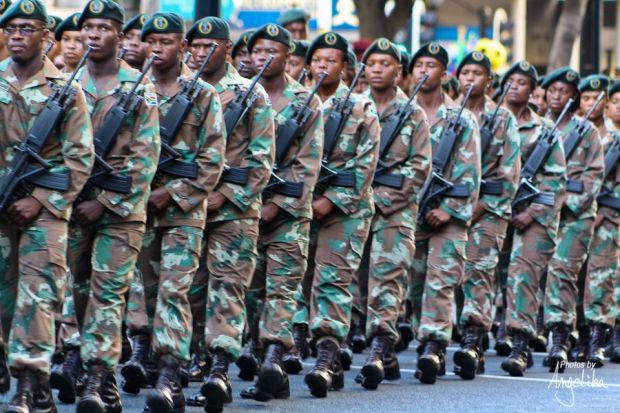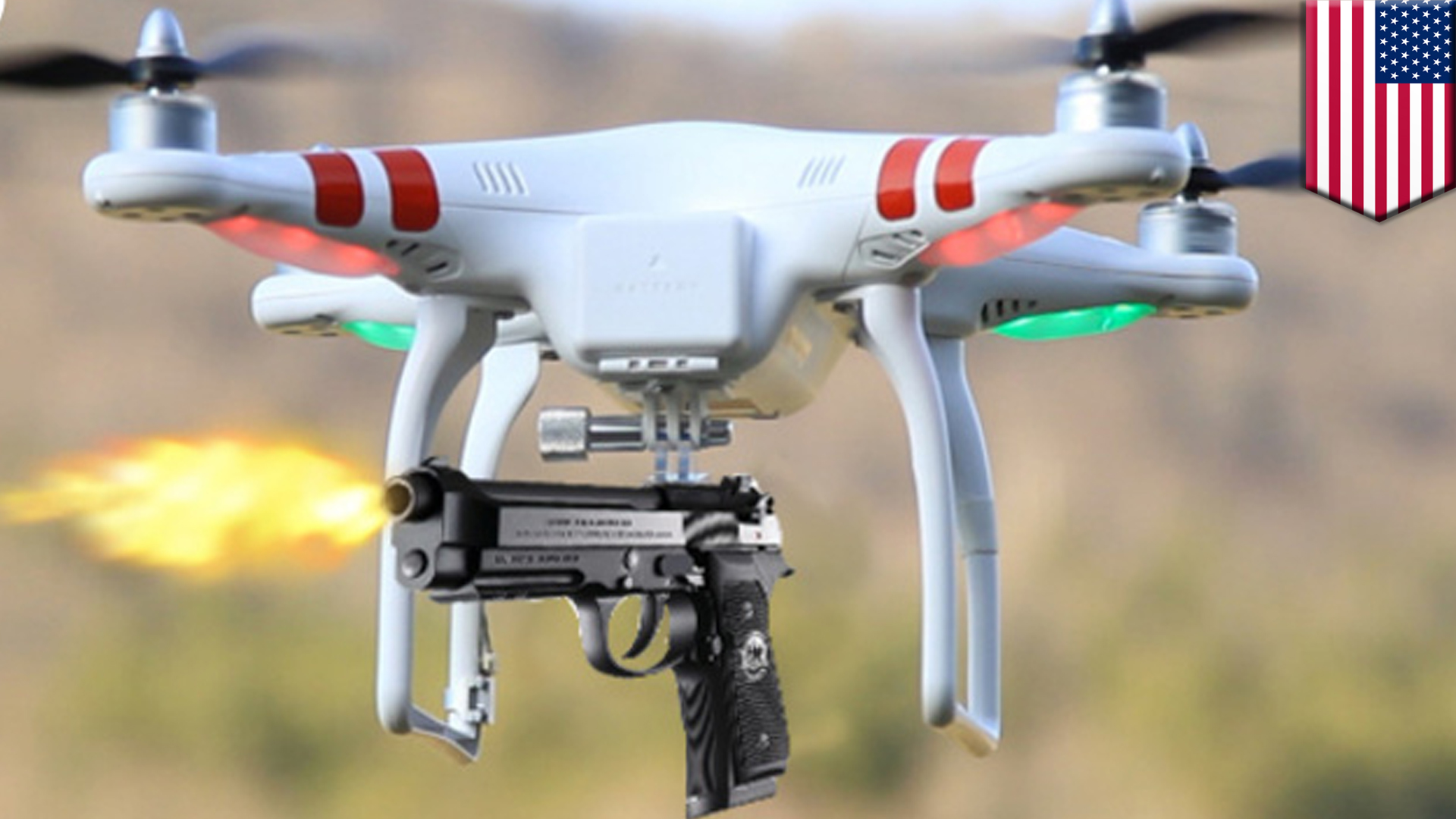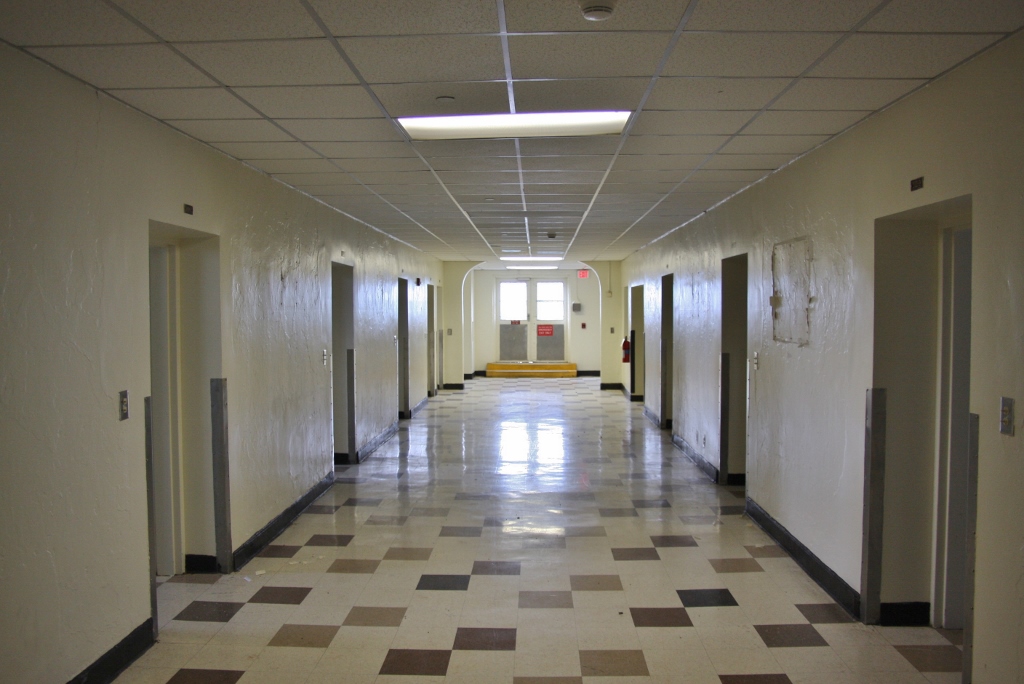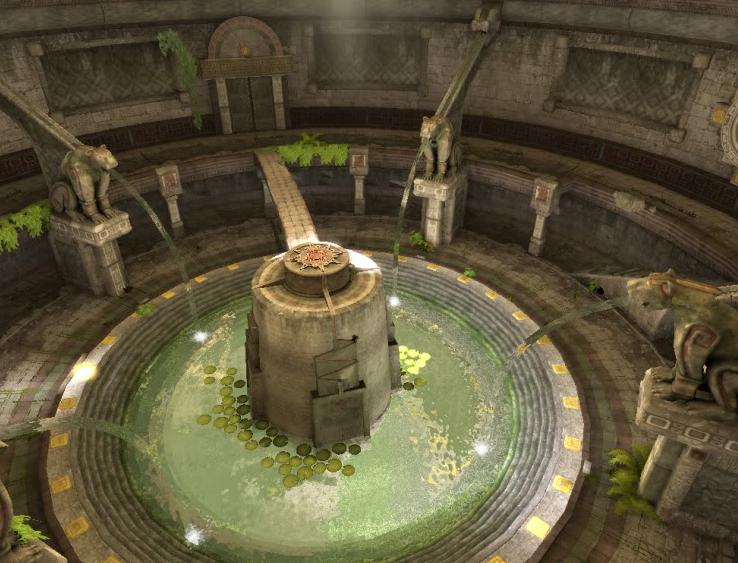Excerpts
Chapter Ten: Suarez and the Gray Man

DUFS Divisional HQ, Nyork,
Unity 07.11.43.local_17_10_AU76
The skimmer accepted its passenger and traced a seemingly random pattern on empty streets before entering the S30-and-above armored carriageway under the city. It delivered its passenger to an anonymous beige office building three minutes later.
A senior officer of the DUFS strode through the lobby and to the elevator. The elevator moved. Lieutenant Vivalagente Suarez remained brooding.
The Chiu woman had delivered another black eye. The failure of a sensor station was a triviality, and if Chiu had admitted her failure instead of trying to ape her superiors, nothing more would have occurred … other than her demotion. Foolishly, Chiu had jeopardized Miro, knowingly or unknowingly, and there was nothing for it. It had taken years to find him, and Suarez was not going to let this girl mess it up. Looking after Miramundo was the least she could do for her dead parents.
But she had let her anger affect her judgment. In a moment of pique, she’d sent Chiu to fix the station herself. A squad of CRNAs and an OAA would have been sufficient, and Chiu should have been able to put the station to rights in a few days. Instead, the jumped-up little fool had gone missing. Most of the platoon identifiers had died within minutes of each other. The scout craft had discovered Sunprairie still smoldering. The few operating implants had come from the bottom of a mass of charred bodies in a half-submerged stairwell.
It had taken a day to ensure that Chiu was not within the death pit. After recalibration, they had picked up her O-A signal. That had led to a wasted day tacking back and forth across a patch of muddy water on some nameless river in the outlands.
As she stepped from the elevator, she said, “Get Jourdaine in to me as soon as you can, Adrianna,” without breaking stride as she entered the security portal of her office. It was time to see what her new adjutant was good for.
Lieutenant Colonel Jourdaine noted the summons and, turning, emptied the contents of his desktop into a secure drawer. He fastened his own ElectoMag lock onto it and pressed his thumb to the surface to secure it. He left his austere office and began to trot the several floors to his audience with Suarez.
Jourdaine Eustace Tilley, lieutenant colonel, DUFS, E21, S29, had made himself a very useful man, he thought. He had made his career by being useful to his superiors, to the DUFS, and to the nation. One commanding officer after another had given him the jobs that had no glamor if successful and immense disgrace if not successful.
Yet nothing about him had ever seemed to snag the recognition of his superiors. He had gone a full year in General Suarez’s staff before she’d remembered his name reliably. Nonetheless, after his recent elevation to adjutant, he would be the officer to whom Suarez gave the jobs that required subtlety, judgment, and ingenuity. Her demands would serve him well … for a while, at least.
He never stayed within any one command very long. They would name him to a post, he would be quietly proficient for a year or so, and then he would quietly start the rumors. Sometimes his superiors had taken excessive liberties in the distribution of spoils. On other occasions, unit money had been misapplied. Sometimes exposés of darker political ambitions among his fellow officers had surfaced. There was always something. With some clever manipulation on his part, he would enlarge any potential wrongdoing and expose the perpetrators. Then those higher up would promote him and quietly transfer him to another unit. His old commander would retire “for the good of the service.” Thus did Eustace Jourdaine prosper.
Jourdaine smiled more broadly at the irony of it as he exited onto Suarez’s floor.
Even as Jourdaine was shown in, Suarez said, “Tell me about Sunprairie.”
Jourdaine came to parade rest.
“It was a trap, sir. An entire platoon is dead, and Lieutenant Chiu is missing and presumed captured. I assume that was the object of the outages all summer long … to capture an officer for questioning.”
“How many pulse rifles were lost?” she asked.
“Uhh … forty-two plus Lieutenant Chiu’s sidearm.”
“They weren’t recovered when the sensor station was retaken?”
“No, sir. We had to excavate the stairwell to recover the bodies …”
A faint grimace of distaste crossed Suarez’s features. “Spare me the details. Any disfigurements of the bodies, Colonel?”
He stopped for the beat of a heart. She already knew! “Yes, sir, the right forefingers were removed at the DIP joint, as well as skin and tissue of the thenar eminence.”
Suarez looked at Jourdaine and raised an eyebrow.
“Ah, DIP … They cut through the first knuckle … here. And the thenar eminence is where we insert the ID-chip on version S72.” He indicated the base of his thumb.
“So how many signature chips have these savages obtained?”
“Forty-two, sir.”
“How many weapons with their signature chips have we lost in the outlands prior to this?”
This was not going as he had expected. “I don’t immediately know the answer to that question, General Suarez.”
“Five since the start of the Unity. Five total. So now the savages have forty-two Springfield model 72s, our best field weapon, and the lieutenant’s sidearm. Chiu has delivered this disaster into our laps. I hope for her sake she’s dead.”
“May I ask, General, what you propose to do?” Jourdaine kept his face bland for the woman to inspect.
“I plan to give you the problem,” she said finally.
“Yes, sir. How would you like me to proceed? Shall I call a committee meeting of … ‘interested’ parties?”
“Good start, Jourdaine.” She gave him an odd look, hawk-like. He was beginning to feel increasingly mousy.
“Keep me posted,” she said. “The advantage to this is that the disaster is big enough that most other commands within the service will want to help us minimize the damage.”
“Yes, sir.”
“Now, Colonel, tell me your views of the Aroostook Campaign.”
The hawk was showing him her talons, but he’d come prepared for this one.
“Sir, the Aroostook Campaign is winding down. The Quebecers have pretty much gotten what they wanted. My opinion is that the war has been a nightmare and was probably never winnable. Getting a rail line to an ice-free port is a realpolitik goal for Canadians. Northern Main is just blueberries and pulpwood for us. My understanding is that General of the Army Emanuel is awaiting a vote of confidence.”
Suarez smiled. “So suddenly, the Unity has a stable northern border, and we will have to recycle these troopers within eighteen months,” Suarez said.
“Recycle?”
“If you are going to be an effective adjutant, there are a few things you should know. You have just passed into the senior staff, Eustace. Here is point number one: CRNAs don’t last more than about four to six years after Sapping. They do improve with training … slowly, of course. So currently half of our experienced troopers will be compost in eighteen months.” She looked down to brush at her sleeve, as if giving him time to consider.
“Then it is imperative that we use the army now rather than waiting.”
“You understand. Excellent. Where would you use them?” she asked quietly.
Jourdaine hesitated. Anywhere from the ruins of Detroyt to Bangor, Main, would be part of a treaty settlement with the Canadians. An attack anywhere west of the Rampart, roughly the crest of the Applach, from Pensy to NorKarolyna, would require logistical support through the Unity’s own farmlands and power grid. A counterattack, although improbable, would be damaging to the Unity’s breadbasket. Moreover the entire area west of the Applach had been Scorched and was still useless for agriculture. Attacking west, they would be fighting uphill, at risk, for nothing more than ashes.
“Aytlana, Jorja Province,” he concluded aloud.
The Scorching had not been as devastating farther south. Jorja remained a prize now that the Unity was to make peace with the truculent Canadians.
Suarez smiled. “Excellent, Colonel. Tell me how you would proceed.”
Jourdaine hesitated before continuing. Suarez’s question might be a trap. A little too much candor in a subordinate was not seemly. He looked at her and caught for the least slice of time her rapt expression. Her eyes gleamed, and she licked her lips as she waited. He suddenly understood that Suarez wanted a partner in this, someone with whom she could share the hard decisions. The way ahead appeared clear.
“Make an air strike to take power and communication centers in Aytlana with forces following up on the ground with munitions and pulse cannons. Then fortify Aytlana and wait to receive a counterattack.”
“Why would they attack us? Why not just seal us off and starve us out?” the hawk asked the mouse.
“It’s classic Unity analysis, sir, Center of Gravity. They would have no choice but to attack. Aytlana is the center of all ground transport in the region, a manufacturing center, the capital of Jorja, and a bastion against an attack on Florida. They either attack or surrender.”
“Then what?” she asked.
“They would attack and lose. As they retreat, we pursue and destroy them in detail. We would have a hundred and fifty thousand hectares of new land.”
“Problems?” asked Suarez.
“You have to convince the council and avoid the Solons’ veto.”
Suarez smiled.
Go for broke, he thought.
“You have three obstacles,” he said. “One is that the Unity has become complacent, and the other generals will not like being reminded of it. Since the shooting war up north cooled off in 72, the DUFS have become more a police force than an army.
“The second is that the outlands have become an enigma, and no one likes walking into a dark room. Once we stopped patrolling the outlands, we lost touch with the tactical situation. Forty-two sensor stations work well but never show any activity whatever. Sunprairie works only when the barbarians let it, and then it sees nothing until the next attack.
“And finally, with all due respect, the third reason is you, sir. You will gain power if the council approves the plan. Concentrated power in one individual makes the council nervous. You have had too much success in the past to make them want to give you more.”
Suarez looked pleased, and, in turn, Jourdaine was pleased—for different reasons.
Suarez stood from behind her desk for the first time. “The council will have to agree, Colonel. The Unity is at its most fragile state since the start of the new republic. Food reserves are falling, despite whatever the gray suits tell us. We need more food and more power production. Both those things need land.”
“Why don’t we just get rid of the Sisi? Fewer nonproducers could only help us sooner, General.”
“That’s the one thing we dare not do, Colonel!”
She explained.
“Oh, I see, sir. We are in a trap, aren’t we?” replied Jourdaine. Obviously a new balance needed to be reached.
“Pretty much, Colonel. But it is worse,” Suarez continued. “Recruiting all the men and infertile women only nets about one in three as a CRNA. The other two enter a sort of catatonia and have to be recycled as fertilizer. Last year, we changed the process, sacrificed a little of the operational specs for better recruitment and longer life span, but that only helps a little. We need more land and water in the short run and better recruitment methods in the long run.” She paused. “Sit down, Colonel, and let me show you the plans for Jorja.”
Jourdaine accepted the seat gratefully. “What of the Solons, General?” he asked.
Indeed what of the Solons? The council discussed, planned, and proposed. The Solons disposed. The original Solons had offered stability in return for loyalty. Now they were anonymous, selecting their members from those about to retire.
“What of them, Colonel? I expect they can do the math as well as we can.”
“Don’t you think they will be unwilling to drop one war just to pick up another somewhere else?” Jourdaine was authentically curious as to what his commander might say.
“They don’t think like us … or maybe they do,” Suarez said. “What happens in an offensive war, Colonel? You spend men and matériel on the chance you get more resources to feed the survivors. If you win, the country has more food to share among fewer mouths, less likelihood of a rebellion but more of a coup d’état from your successful generals.”
“I see, sir, and if you lose, you can eliminate your most likely competitors, the generals, but will be more likely to suffer a rebellion with less resources to put it down. But you still have fewer mouths to feed.”
“So as a Solon, if the Unity wins?” asked the Hawk.
“Placate the generals with bribes and honors and then make them the face of retribution with the people.”
“And if we lose?”
“Execute the generals and placate the people with the resources of those killed already,” Jourdaine said promptly, exhilarated, looking behind the curtain of power.
“So, Colonel, given the information, do you think the Solons will agree?” Suarez asked. Jourdaine could detect no right answer from her face or attitude.
“They will agree. Regardless, win or lose, they will have fewer mouths. In the long run, they win, as CRNAs are always improving.”
The hawk smiled at the mouse and called out for tea.
Two hours later, after leaving his commander’s office, Jourdaine took the stairs three at a time. Suarez’s desire to bury the news of the Sunprairie debacle was predictable. As a loyal subordinate, Jourdaine would work tirelessly to accomplish that end. He would also have one more piece of black capital when it came for her denunciation. Suarez, if he pitched it to the right people, would show herself to be the architect of an embarrassing Unity defeat and cover-up. Moreover, he now had an idea of Suarez’s real goal, and that fact was invaluable.
Returning to his office, he entered and locked his door, checked the telltales for any unauthorized entry in his absence, and unlocked his desk. The Chiu woman had played her unenviable part in his own elevation. She was a messy detail. If alive, she could show, if anyone asked, that she had never intended to implicate Miramundo Morales in her own plot. That would lead Suarez to discover how he, Jourdaine, had faked the original committee list. That would, in turn, be … unfortunate.
Inside the Unity, he could have contained her. She was no longer contained, if she was alive at all. The odd behavior of Chiu’s implant indicated a certain amount of craft. It suggested that she was a great deal more resourceful than expected or that someone else thought her worth the effort. This required his immediate Presence.
Jourdaine composed himself at his desk and contacted Major Rajesh Khama via their mutual O-A contact.
Khama was a lucky early discovery of Jourdaine’s, useful beyond expectations. No faction claimed him. To Jourdaine, it was like having a direct line to an unknowing coconspirator, the adjutant for General Ingamar Magness, a man noted for his political longevity and careful avoidance of both risk and excellence. Any action from Major Khama would be imputed to Magness and discounted as trivial. On the surface, Khama and Jourdaine’s relations were cordial if somewhat distant.
After some banter, Jourdaine’s Presence skipped across the connection and ransacked the recent memory of the other officer. He numbed the growing panic and increased the appropriate neurotransmitters a bit before placing the necessary command and erasing Khama’s labile memory of himself. Instead, Khama would have warm fuzzy thoughts about Jourdaine for days
‹ Back








